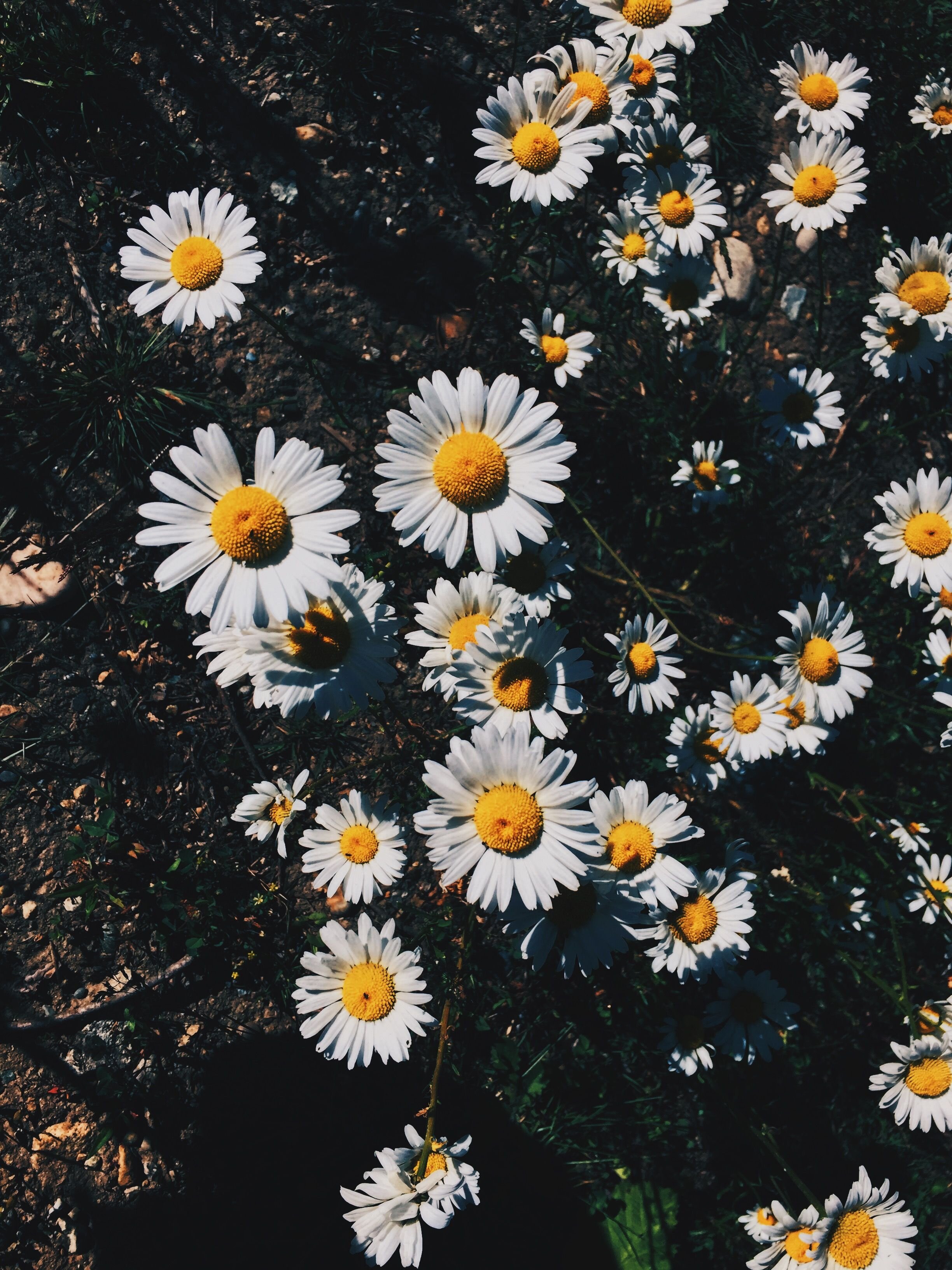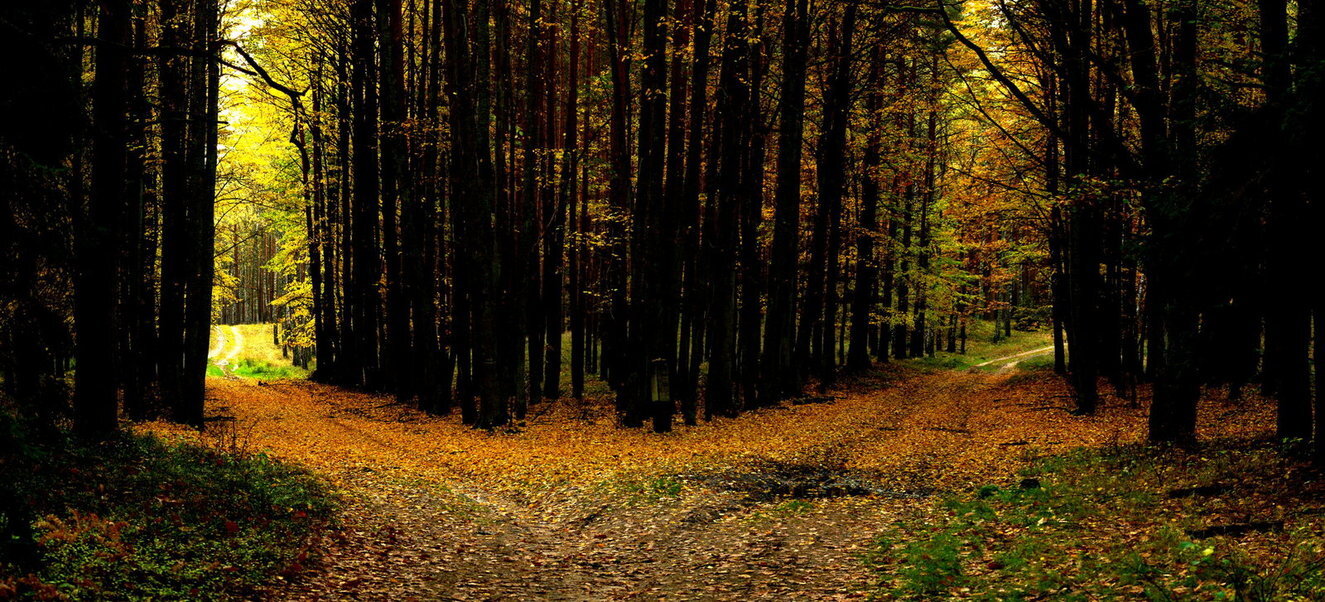
By Daniel Chabeda, ES ‘22. Daniel is majoring in Chemistry.
A lie that many young, vibrant, potential-filled people come to believe is that busyness is the maximization of effort. This is not true. An effective servant of God must pray, receive instruction, and do no more (yet certainly no less) than what God ordains. Zeal for God must be pursued on God's terms, by his ordaining in our lives. Without this discipline, we become like Martha, who chose to do a good thing by offering service to the Lord, but missed the better portion that Mary received by sitting at Jesus’ feet.
By Sharla Moody, BK ‘22. Sharla is majoring in English.
I wonder whether I would have chosen not to pursue the wonderful things that I did if I had known how they would end and how I would at times feel about their endings. And, on Friday, we recognize the worst ending in the history of the cosmos: our Lord, Jesus Christ, giving Himself in complete humiliation to be crucified for the sake of a crowd that utterly rejects Him.
By Vienna Scott, BF ‘21. Vienna is majoring in Religious Studies and Political Science.
While Coronavirus rages outside, we sit quarantined, like that prophetic family on an arc, together. Not rain, but disease fills the outside world. Every once in a while, I spend some time outside, moseying around the first budding flowers, thrusting through the remaining fringe of snow. Amidst the crocus buds and daffodil stems, I’m hoping to find the first daisy of Spring.
By Jadan Anderson, MC ‘22. Jadan is majoring in Economics.
We were all in the middle of something before safety mandates effectively put a sort-of stop to it. Before being confined to our (makeshift) homes and government-issued twelve-foot-wide bubbles of space, we were planning concerts and vacations and summer plans. We were sacrificing sleep to marginally more polished essays and extracurricular loves. We were building relationships. The world beyond Yale was doing the same: planning, building, sacrificing. And though some of these doings have merely changed in the medium through which they are being done, we have all experienced sunk costs of time, sleep, mental and emotional energy.
By Bella Gamboa, JE ‘22. Bella is majoring in Humanities.
He is quite the picture of unexamined and undisrupted routine — small habits and complacency define his days — and unengaged faith. And there are times when even those who are active in faith, unlike the Vicar, fall into complacency, in our daily lives and in our relationships with God.
By Sharla Moody, BK ‘22. Sharla is majoring in English.
Cast them into Your divine waters, swallow the pieces whole.
By Jason Lee, TD ‘22. Jason is majoring in Global Affairs.
When I say “I do not want to lose you,” entwined with this terror is the fearful and therefore selfish desire to keep the other as I know them, to confine them to this space where I know how to best love them and from which I know they can continue to love me. And since God is love, what I am saying is this: I am sure that God is here. I fear He will not be where we are going.
By Daniel Chabeda, ES ‘22. Daniel is majoring in Chemistry.
Home is not always the Promised Land. Home can be a collection of new challenges for students to contend with: maintaining academic motivation, adjusting to a new work environment, and continuing social interactions with peers to name a few. Some challenges are even deeper–abusive parents, psychologically triggering scenes, loneliness–and can turn the intended place of solace into a land of sour milk and honey. For me, home has been an environment of family tension, emotional strain, and spiritual temptation, an environment where I was far from my family and God. In writing this article, I assume that many of you can relate.
By Bradley Yam, SY ‘21. Bradley is majoring in Ethics, Politics & Economics and Computer Science.
In a time of chaos and uprooting, it is more essential than ever to ensure that we are transplanted well, and that we grow roots where we might end up: wherever that might be. What is the right balance to strike between listening to the math and listening to our hearts? How do we be the salt and light of the earth in a time ruled by fear, anxiety, loneliness and claustrophobia? I suggest that we might think of answers in two ways: transplanting and sustaining.
By John Daoud, MY ‘21. John is majoring in Near Eastern Studies.
It’s no secret, I’m a control freak. I like to be in charge, down to the detail. But here, this verse reminds me that I am absolutely nothing and that God is everything. God is all-powerful, all-mighty, and all-knowing. And more importantly (at least as far as I’m concerned), He’s got my back. Thousands can fall, but it is through His power and love that I have not. Isn’t that incredible? I think so. And so, for now at least, it’s enough.
By Sharmaine Koh, SM ‘22. Sharmaine is majoring in History.
Many of us would give anything to trade the fears and stresses of disruption, infection, social isolation, loss of support and certainty — for the simpler pressures of academic labour. But in our vigilant handwashing, Zoomer-U-a-meme-ing, miserable self-quarantining, there is that same sense of struggle against forces quite beyond our control. I’m still hanging on to that rotten plank…These days, all we do is survive. It’s hard enough to think about living well, let alone thriving.
By Shayley Martin, GH ‘22. Shayley is majoring in Linguistics.
Sometimes I wonder if you know what it feels like to be bored. If you would deal with it any better than we do. I know you can take the extremes of human experience, hunger and pain and persecution. What I wonder about is the monotony. I wonder if you, Lord, would be able to deal with the routine of over and over, same and same, again and again. Do you know that feeling? That desperation?
Raquel is majoring in Molecular Biophysics & Biochemistry.
In a moment like that, we shall all be changed.
By Serena Puang, DC ‘22. Serena is majoring in Linguistics.
Faith in the face of coronavirus is not blindly insisting on meeting as a church per usual and ignoring the real dangers that this pandemic can pose for people (though many churches are still faithfully meeting and taking precautions). It is not ignoring the problem or wishing it away.















By Bradley Yam, SY ‘21. Bradley is majoring in Ethics, Politics & Economics.
This year I’m celebrating Easter all by myself in quarantine. It feels surreal to hear the sound of the hotel door latching irrevocably shut, knowing that it will stay shut for the next fourteen days. In here, it’s easy to hope. I could stream the Easter service from my local church, sing along with the songs and be satisfied with warm feelings and abstract ideas. This is the kind of hope of Dickinson’s “hope is a thing with feathers”, hope that whispers in the soul but asks nothing of you at all.
As much as I love Dickinson, that [hope] is too light and ethereal to stake action upon—only the shadow of the real thing.